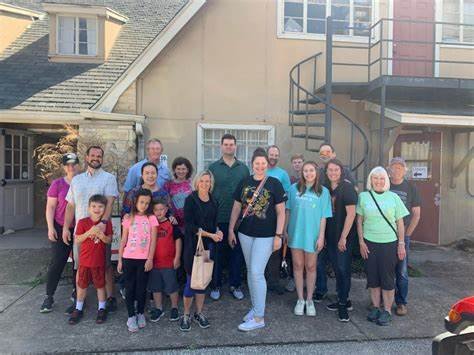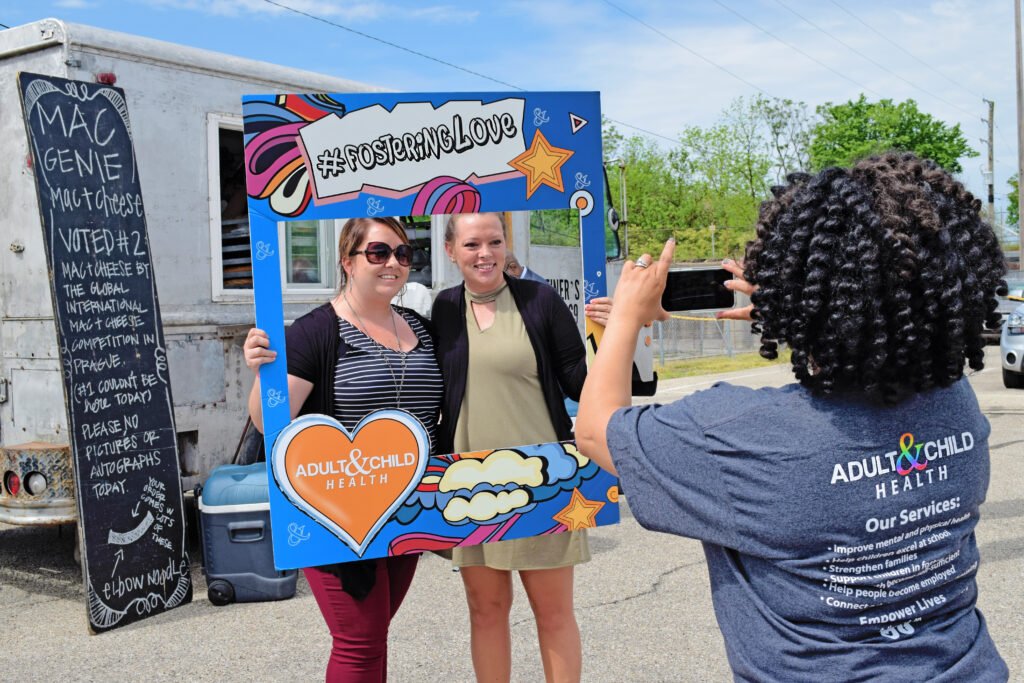Transitioning from foster care to independence is a challenging but important step for many young people. It is a time when individuals leave the foster system and begin to live on their own, often without the support of a permanent family. Successfully navigating this transition requires the right skills, support, and resources. In this article, we will explore the steps youth can take to transition successfully from foster care and how they can build a bright future.

1. Prepare for the Transition Early
Preparing for the transition from foster care should begin long before the youth turns 18 or “ages out” of the system. Early preparation helps young people feel more confident and ready when the time comes. Social workers, caregivers, and mentors can work with the youth to teach them essential life skills like managing finances, cooking, and finding housing.
Developing Life Skills
Learning practical life skills is one of the most important steps in preparing for independence. Some essential skills to focus on include:
- Budgeting and Financial Planning: Understanding how to manage money, create a budget, and pay bills is critical for a successful transition.
- Job Skills: Learning how to write a resume, interview for jobs, and excel in the workplace will help youth find employment after they leave foster care.
- Cooking and Cleaning: Knowing how to cook healthy meals and keep a home clean ensures the youth can live independently without relying on others for basic tasks.
These skills will not only support the youth in finding employment and housing but also help them feel more confident in their ability to take care of themselves.
2. Build a Support System
While transitioning from foster care may involve leaving the system, it doesn’t mean young people should face it alone. Building a strong support system is essential for navigating this period of change. Having people to rely on can provide emotional stability and practical help when needed.
Identifying Mentors and Support Networks
Mentorship programs are invaluable for youth transitioning from foster care. A mentor can provide guidance, encouragement, and advice as the young person faces new challenges. Support networks, such as friends, extended family, and social workers, can also be important in ensuring that the youth has people to turn to in times of need. Many local organizations and foster care agencies offer support groups where former foster youth can meet others who have gone through similar experiences.
3. Secure Stable Housing
One of the biggest challenges young people face when transitioning from foster care is finding stable housing. Without a permanent home, it can be difficult to maintain a steady job or focus on education. Therefore, securing stable housing is a top priority during the transition.
Exploring Housing Options
There are several housing options available for youth transitioning from foster care. These options include:
- Transitional Living Programs: These programs provide temporary housing and support services, including life skills training, education, and job placement assistance. Transitional living programs help young people gradually adjust to independent living.
- Independent Living Programs: Some foster care agencies offer independent living arrangements for older youth. These programs provide financial assistance, housing, and support services to help young people live on their own while they work or attend school.
- Public Housing and Subsidized Housing: Some cities and states offer subsidized housing programs for young adults who have aged out of foster care. These programs can provide affordable living options for those who are financially independent but need help with housing costs.
4. Focus on Education and Career Development
Education and career development are essential for a successful transition from foster care. Many youth in foster care face interruptions in their education, making it more difficult to stay on track. However, focusing on education and career goals can open doors to greater opportunities.
Continue Education or Vocational Training
For youth who have not finished high school, it’s important to continue their education or enrol in a GED program. Completing high school or earning a GED can significantly improve job prospects. Additionally, pursuing higher education, such as college or vocational training, can help foster youth develop the skills needed to secure stable and well-paying jobs.
Youth can also explore scholarships and financial aid programs specifically available for individuals who have aged out of foster care. Many organizations offer support to help them pursue education and career goals.
Job Search and Career Counseling
Job readiness programs can assist youth in building the skills necessary to enter the workforce. These programs often offer resume workshops, interview preparation, and job placement services. Additionally, career counselling can help young people explore different career paths and set realistic goals for their future. Having a stable job allows youth to support themselves and gain financial independence.
5. Access Mental Health and Wellness Services
Many youth transitioning from foster care experience mental health challenges due to past trauma, loss, or instability. Addressing mental health needs is essential to ensure the young person can thrive emotionally and mentally during this transition.
Counselling and Therapy
Access to counselling or therapy can help foster youth process their past experiences and develop coping skills for the future. Many foster care systems offer mental health services as part of their transition plan. Ensuring ongoing therapy or mental health care can reduce the risk of mental health crises and provide a safe space for young people to heal and grow.
Promoting Emotional Wellbeing
In addition to counselling, fostering emotional well-being involves teaching youth self-care practices, stress management, and healthy coping mechanisms. Encouraging them to engage in positive activities such as exercise, journaling, or mindfulness can help maintain their emotional health.
6. Stay Connected to Community Resources
Several community resources are available to help youth transitioning from foster care. These services offer practical support and can be essential in making the transition successful.
Local Organizations and Support Groups
Local community organizations often provide assistance to youth ageing out of foster care. These organizations offer resources such as free housing, job placement services, and life skills training. Joining support groups with others who have gone through similar experiences can also provide emotional support and a sense of belonging.
Conclusion
Transitioning from foster care is a significant milestone that can be both exciting and challenging. By preparing early, building a support system, securing housing, focusing on education and career development, and accessing mental health services, young people can transition successfully into adulthood. The support of mentors, social workers, and community organizations can help them build a strong foundation for a stable and successful future




